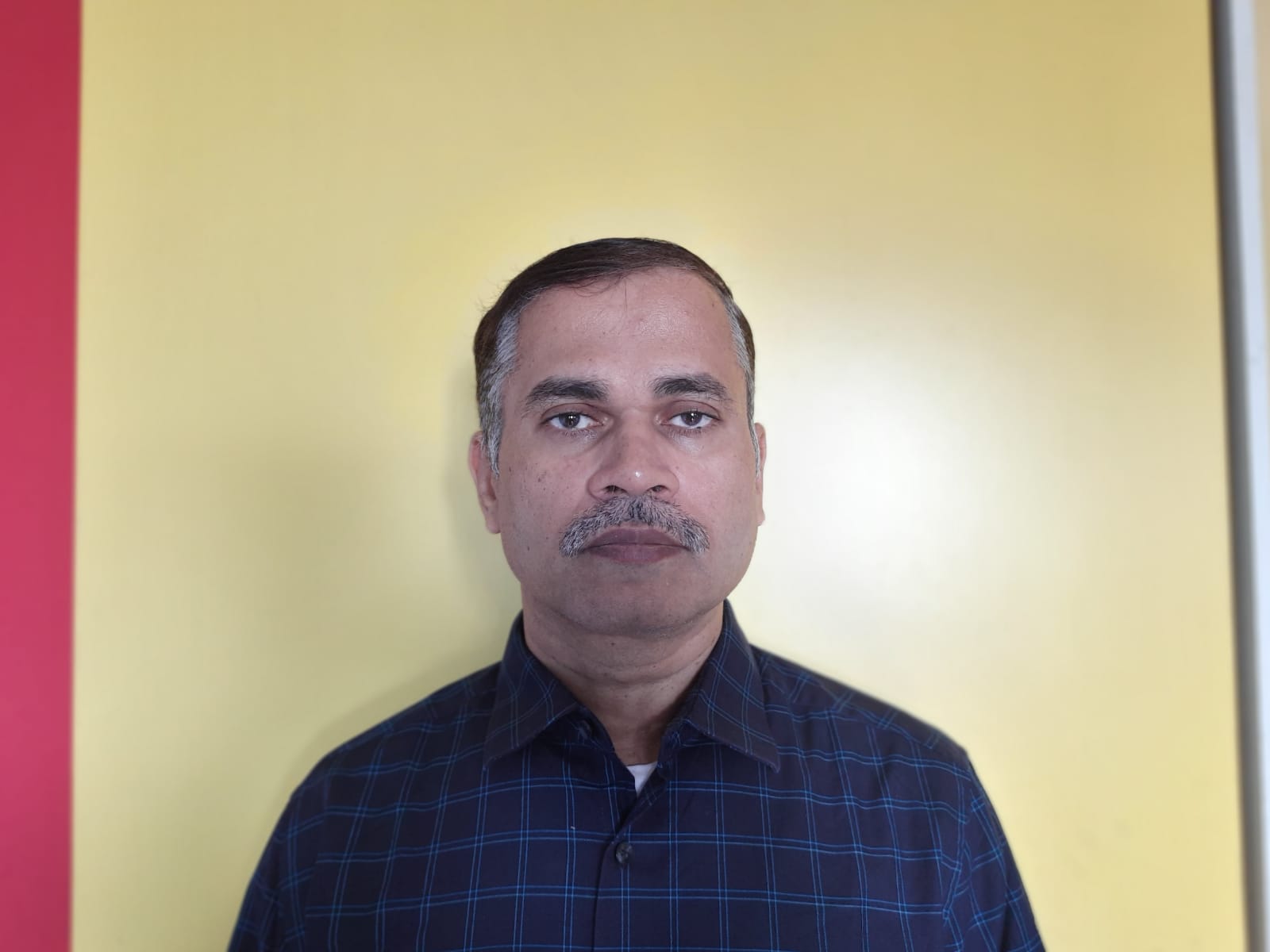Interview with Suvendu Tripathy, author of The Crepe Jasmines
Interview with Suvendu Tripathy, author of The Crepe Jasmineson Sep 22, 2021

Suvendu Tripathy is a Data Scientist by profession. He uses data to tell stories and makes a living.
Suvendu was born and brought up in various parts of rural Odisha of the 1970 and 80s.
He did BSc (Physics Hons) and MBA in Odisha before landing his first Job in Chennai,
For the last 19 years, he has been living in Bangalore with his wife and two sons.
Q1. When did it come to your mind that you want to write a book like this?
A: I had planned to write a book in 2010. But I kept on procrastinating by giving one excuse or the other for almost a decade. During the 1st lockdown when the Covid 1st wave had just started, I suddenly realized that life is so full of uncertainties. So, I started writing. This book was already in my mind for a very long time. But the characters took their names and formed their shapes partly due to the time we live in today and also partly due to my own ways of looking at society at large.Q2. Is society fair for outsiders? What is your point of view on that?
A: No it is not. It is not expected to be fair.Q3. The name of your book is “The Crepe Jasmines”. Why did you choose this title?
A: The crepe jasmines have a very nuanced smell. They are not like Roses whose smell one can smell from afar. One has to go near the Crepe jasmines to be able to smell the smell. They are very much like the village folks. Who does not want to open up and talk about themselves or do self-promotion?Q4. You have also used various imagery to describe the village life in general in the book so what do you think is better? Big city life or village life?
A: Both Village and City life have their Pluses and minuses. But, in our country, we have forgotten the villages for the sake of the Cities. This has created all the ills that are associated with the large cities in this country.Q5. Does society treat people differently if they are born into different economic conditions? Do you agree with this?
A: Certainly it does.Q6. What are the challenges that you faced during your journey that helped you to become what you are today?
A: For the most part of my school days I lived in a remote village in western Odisha where even a Telegram took more than a week to reach. During those days small cities like Cuttack and Bhubaneswar seemed to be a very big deal. When I came to study in Cuttack and then later came to work in the metro cities of this country, people did not give me the respect I deserve as a human being because I came from a village and spoke English in a very different accent. ( I have learned English by reading 2 days old ToI and many English novels and magazines). I am lucky that I got a chance to work in an Industry where I speak with non-Indians in the English language. So, communication with Americans/Britishers has been easier than with the fellow Indians who went to study at English medium schools. Since the work I do, does not require me to twist the truth and it does not require me to say what I do not want to say, I have been able to survive and prosper. I consider myself the same old rustic bucolic and I am very proud of being just that.Q7. Are you working on your next project if yes then share some information about it?
A: Yes. This book is about a Tribal boy from Western Odisha who is a Christian, the name is Constantine, but is called Kanha by his friends as he was born on Janmashtami. He studies Engineering in Delhi and goes on to become a modern-day Guru with strong political clout.
Author
Author interview
Bestseller
Book
Frontlist
Frontlist Author
Frontlist Books
Frontlist India
Suvendu Tripathy
The Crepe Jasmines

.jpg)
.jpg)
.jpg)
.jpg)
.jpg)
.jpg)

.jpg)
.jpg)
.jpg)
.jpg)


.jpg)
.jpg)
.jpg)










Sorry! No comment found for this post.